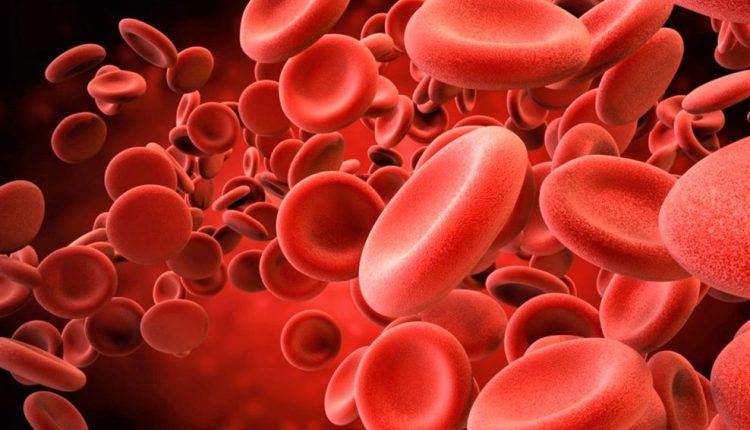
What is bilirubin and why measure it?
Bilirubin is a component of bile; it is largely produced by the breakdown of haemoglobin following the destruction of red blood cells
In order to reach the liver, it must bind to albumin (indirect bilirubin), where it conjugates with glucuronic acid (direct bilirubin), becomes soluble and can be excreted by bile or urine.
Why measure bilirubin?
This test can be performed in two ways: it can measure total bilirubin and fractional bilirubin.
Bilirubin is an indicator of liver health and can be useful in assessing the presence of biliary obstruction, hepatitis, cirrhosis, jaundice.
If it is direct bilirubin that is increased, the indication is for liver damage
An increase in indirect bilirubin, on the other hand, may suggest an alteration in the haemoglobin breakdown cycle.
Are there any preparation rules?
The blood sample is usually taken in the morning. The doctor will suggest whether it is necessary to be fasting.
The test is neither dangerous nor painful.
The patient may feel the pinch of the needle entering the arm.
The test is performed by means of a simple blood sample.
Read Also
Emergency Live Even More…Live: Download The New Free App Of Your Newspaper For IOS And Android
Bilirubin Encephalopathy (Kernicterus): Neonatal Jaundice With Bilirubin Infiltration Of The Brain
Urine Tests: Glycosuria And Ketonuria Values
Colour Changes In The Urine: When To Consult A Doctor
Paediatric Urinary Calculus: What It Is, How To Treat It
High Leukocytes In The Urine: When To Worry?
The Colour Of Pee: What Does Urine Tell Us About Our Health?
What Is Aspartate Aminotransferase And Why Is It Measured?
Pee Colour: Causes, Diagnosis And When To Worry If Your Urine Is Dark
Kidney Function: What Is Azotemia?
Haemoglobinuria: What Is The Significance Of The Presence Of Haemoglobin In Urine?
What Is Albumin And Why Is The Test Performed To Quantify Blood Albumin Values?
What Is Cholesterol And Why Is It Tested To Quantify The Level Of (Total) Cholesterol In The Blood?
Gestational Diabetes, What It Is And How To Deal With It
What Is Amylase And Why Is The Test Performed To Measure The Amount Of Amylase In The Blood?
Adverse Drug Reactions: What They Are And How To Manage Adverse Effects
Albumin Replacement In Patients With Severe Sepsis Or Septic Shock
Provocation Tests In Medicine: What Are They, What Are They For, How Do They Take Place?
What Are Cold Agglutinins And Why Is The Test Performed To Quantify Their Values In The Blood?
Why Is Pee Yellow? The Color Of Urine And The Role Of Urobilin
Sugars: What Are They Good For And When Are They Bad For Us?
Urine Test: What It Is Used For And What It Detects
Glycated Haemoglobin: What It Is And Why It Is Important
Haemochrome, What Is It? When Are Red Blood Cell Values Normal?



